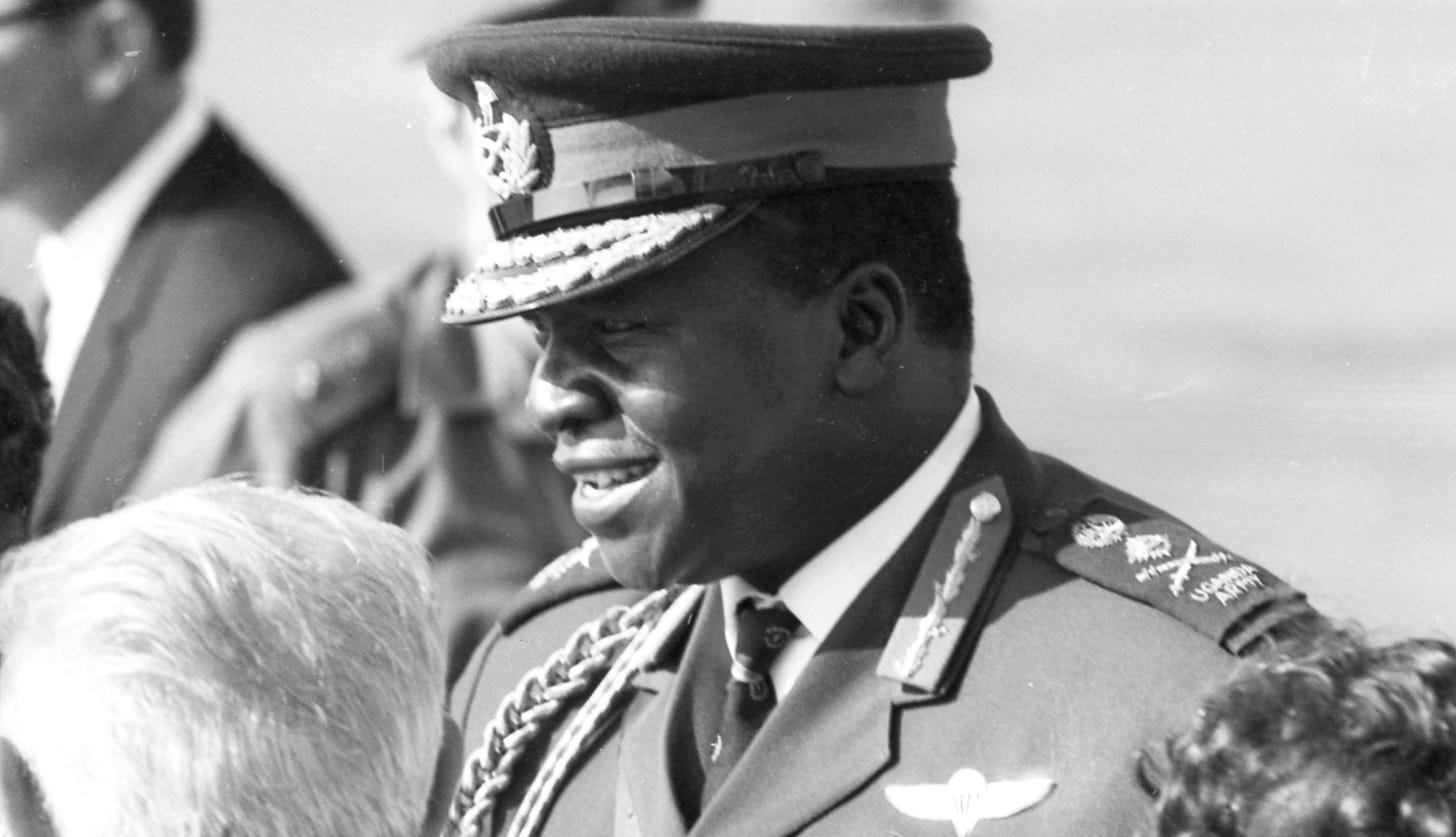The Hidden Costs Of Distorting History For Destructive Political Agendas
This is what racial nationalists do. They flatten history, erase nuance, and construct simplistic narratives that blind many to inconvenient truths and lead them to embrace unjust policies.
As a historian, I take history seriously, and I’m highly critical of inaccurate interpretations of it because I understand how politicians in general, and racial nationalists in particular, weaponise it to justify unjust policies that marginalise minorities and steal their property.
There are many examples of this, but one close to home in Africa is Uganda, where the late dictator Idi Amin expelled the Indian minority in 1972. He distorted history and simplified it to portray Indians as mere "exploiters" who had all collaborated with the British Empire to oppress Ugandan "natives." This skewed narrative fostered a climate that justified their eventual expulsion. However, it’s worth noting that Amin never presented a balanced or nuanced account of Ugandan history that recognised Indians as complex individuals, many of whom arrived as British labourers, not colonial administrators, (even though the colonial system placed them above indigenous Ugandans), and eventually grew into a successful community largely through their own efforts.
This is what racial nationalists do. They flatten history, erase nuance, and construct simplistic narratives that blind many to inconvenient truths and lead them to embrace unjust policies.
In response to this concerning trend in history, I wrote an article for BizNews in November last year that challenges a simplistic and inaccurate narrative in South African political discourse, which frames all white people as owners of stolen property by reducing their complex history of property acquisition to a story of violence and dispossession.
I wrote it not because there were no instances of property dispossession before the South African state took shape in the early 20th century, nor because laws such as the 1913 Natives Land Act and the 1950 Group Areas Act didn't exist at some point in history. I wrote it because, as a concerned citizen, I have long been aware that we live in a country where racist and divisive racial nationalists have beaten the drum of “white land thieves” for so long that it has ingrained itself into the minds of many people. It's become common to casually label all white people as thieves, to view them as enemies, and to treat them accordingly.
I understand that this framing, which has persisted for well over two decades, has dehumanised white people over time and fostered a climate where cruelty towards them can be tolerated at best, and where retribution can be justified at worst in the name of justice.
Of course, no single article was going to change this, and I was fully aware of that when I wrote it. But what I hoped for was to encourage more honest and mature reflection on our country’s history. Because, to put it plainly, if we do not begin to call out the dehumanisation of white people for what it is, it could lead to (dare I say) untold horrors in future.
Here, I submit to those who will accuse me of “fear-mongering” and “pathologising black people” to consider the fact that we live in a deeply polarised society, where white people have been collectively cast as villains holding on to “privileges” and as obstacles to genuine "transformation". I also submit to them that this notion of a “silent centrist majority” in our country must be seriously interrogated in light of a young generation of black people that has been systematically radicalised, and the reality of millions of black South Africans who vote for political organisations that openly antagonise white people and romanticise the idea of inflicting cruelty on them.
We have arrived at a point where the national project of reconciliation that Mandela and others initiated in the 90s also requires serious re-examination. This project was meant to be anchored in an honest and mature reading of history. One that recognised past injustices but also our shared humanity and the possibility of peaceful coexistence in our diversity. Some might argue that we seemed to be on the right path at first, but the reality today tells a different story. We can no longer afford to ignore or wish away the deep divisions. Even the African National Congress, which was supposed to lead this project of reconciliation, has abdicated its position and aligned itself with political forces that are openly calling for ethnic-based violence.
Part of the reason why federalism and even secession have entered re-entered national discourse is not because of racism or intolerance, but because of deeper questions around belonging and space for minorities in a context where collective hostility towards them continues to grow.
I could argue that one possible way forward lies in a more honest and mature reinterpretation of history that refuses to dehumanise a group and the gradual re-socialising of society to embrace this truth. But in a country where educational institutions have been captured by radical forces, and where racial nationalists have every incentive to keep fanning the flames of division in pursuit of their destructive political agenda, I seriously doubt such a project can even get off the ground.
Perhaps I’ll end this reflection here for now, with the uncomfortable truth that this piece will almost certainly attract sharp criticism and a barrage of derogatory insults directed at me. If there is anything thing to take away from it, it is this very fact.
Ayanda Sakhile Zulu holds a BSocSci in Political Studies from the University of Pretoria and is an intern at the Free Market Foundation.





OMW Ayanda... you truly speak truth to power young man. We have been praying for the young people of South Africa to wake up to the realities of this political dispensation being nothing different to the old one that my generation voted to get rid of. Please stand strong in the face of opposition.. the truth must win out and you are a torch bearer!
Spot on, Sir